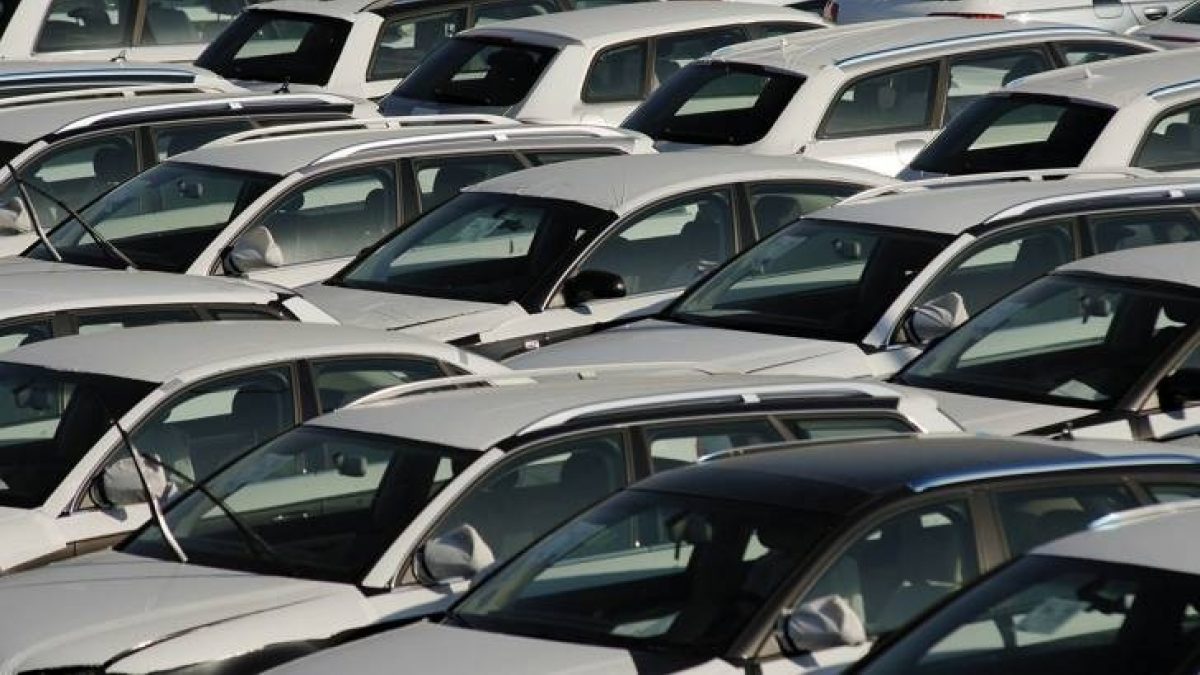
Fuel types of new cars in the EU: diesel -16.4%, petrol +1.7%, electric +35.6% in second quarter of 2019
In the second quarter of 2019, the EU new-car market shifted further towards petrol vehicles. Petrol now represents nearly 60% of all new passenger car registrations, according to the latest figures from the European Automobile Manufacturers Association (ACEA).
Electrically-chargeable vehicles accounted for 2.4% of total new car sales across the region, while all alternatively fuelled vehicles combined made up 9.2% of the EU market.
Petrol and diesel cars
Demand for new petrol cars continued to increase in the five major EU markets, except for Germany. The highest percentage gain (+27.4%) was posted by Italy. The Central European countries also saw a surge in demand for petrol vehicles, with registrations increasing by 7.2%. Petrol expanded its market share from 56.7% to 59.5% in the second quarter of 2019. By contrast, the number of diesel cars registered across the EU decreased by 16.4% to 1.3 million units, with diesel’s market share falling from 36.3% in the second quarter of 2018 to 31.3% this year. In Germany, however, demand for diesel recovered slightly – up 3.5% in the second quarter.
Alternatively fuelled vehicles
During the second quarter of 2019, registrations of alternatively fuelled cars in the European Union showed strong growth (+28.5%). Some 98,553 electrically-chargeable vehicles (ECV) were registered, up 35.6% compared to last year. Sales of battery electric vehicles almost doubled (+97.7%), while demand for plug-in hybrids declined in the second quarter of 2019 (-13.6%).
In each of the five largest EU car markets registrations of alternatively-powered vehicles rose significantly. Germany (+60.7%) recorded the highest percentage gains, boosted by strong demand for hybrid electric vehicles, followed by Spain (+35.8%) and France (+20.0%).
